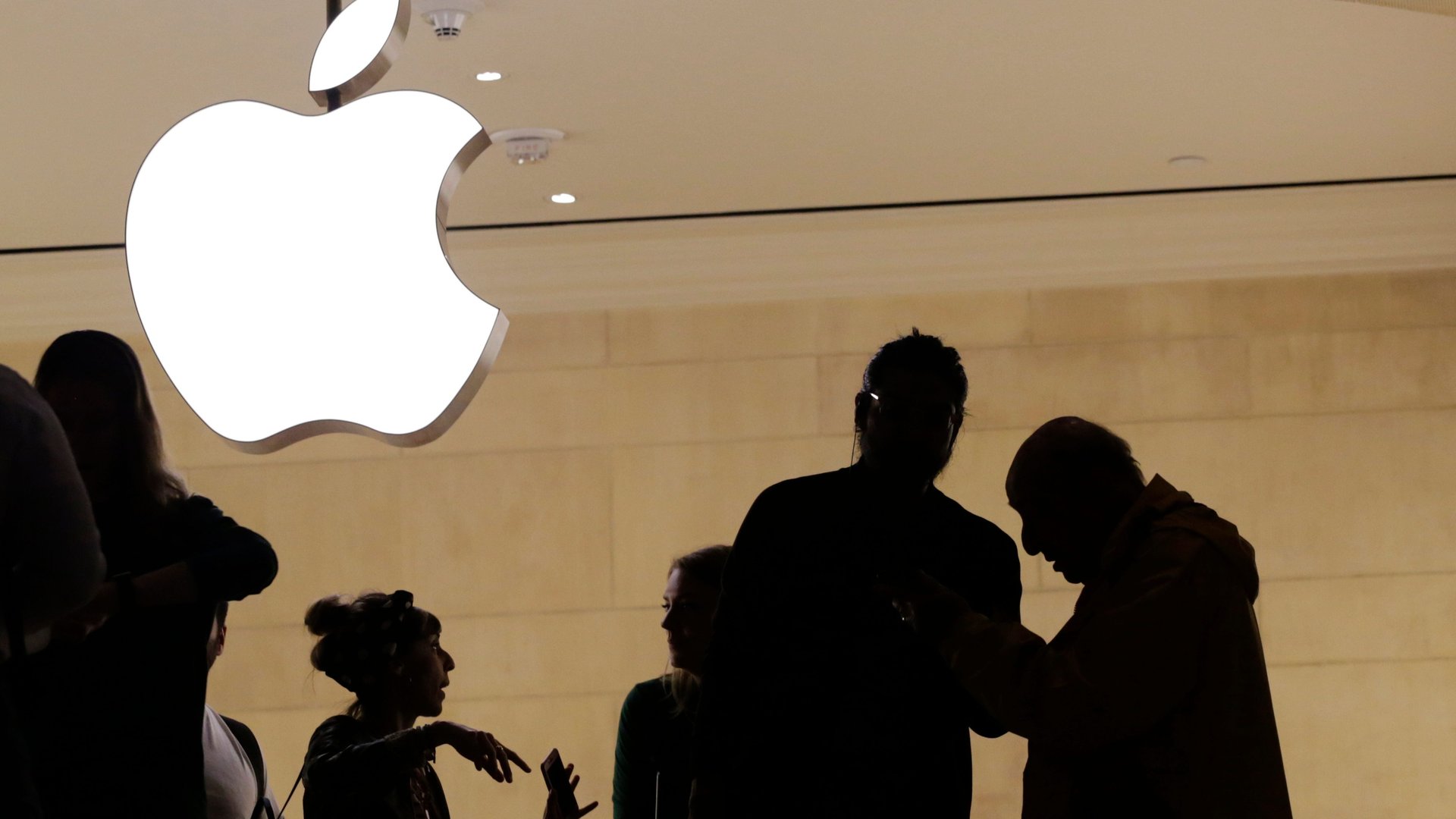Apple’s rumored Raleigh headquarters would completely change my community
Apple is reportedly planning to open a second campus in Raleigh, North Carolina, where I live. And Amazon executives, who are also scouting cities for the company’s second headquarters, recently a took a tour.


Apple is reportedly planning to open a second campus in Raleigh, North Carolina, where I live. And Amazon executives, who are also scouting cities for the company’s second headquarters, recently a took a tour.
Somehow the topic of these tech goliaths moving into town has become as divisive as politics or religion.
Daily media reports detail incentive packages, potential locations, and economic studies, revealing sometimes positive and sometimes negative impacts on wages, cost of living, traffic and infrastructure, quality of life, education, politics, and taxes. Meanwhile, in my local tech community, we are debating the impact of tens of thousands of new tech jobs in the region.
Will it mean higher caliber talent and investment? Or just more competition? Can we still tout work-life balance, affordability and access to young talent with the world’s most valuable companies in our midst?
These feelings are not new for locals. Raleigh already lives in the tension of a small town growing up. Our region’s history of innovation dates back to the 1950s, when the 7,000-acre Research Triangle Park was carved out of the land between three top research universities: Duke University, UNC and North Carolina State University. More than 250 companies are located there, employing 50,000 people with expertise in fields like microelectronics, telecoms, biotech, chemicals, pharma, and environmental sciences. Those same universities graduate 8,500 students each year.
Venture capital investment has also increased in recent years. A statewide research group tracked nearly $1.3 billion in venture capital flowing into North Carolina in 2017, compared to under $400 million in 2013.
Still, there’s a sense that our region has spent decades on the brink, perpetually on the edge of breaking out.
At just over 1.3 million residents, our metro area is often compared to Austin 15 years ago, before it acquired big city challenges like high cost of living, congestion and, some might say, a numbing of its “weirdness.”
But as someone who runs a growing tech company, I see more opportunity than downside in having giant companies as neighbors.
Recruiting continues to be a challenge for tech companies in Raleigh, and experienced executives are still difficult to lure here. Candidates tell me that it’s not so much about the promise of the current opportunity, but the availability of future ones. They want to live in a city with long-term career potential. Many young students educated in our top-tier universities leave after college in pursuit of bigger dreams.
What Amazon and Apple offer is a chance to embrace the change that is already happening here. Infrastructure challenges like mass transit remain unsolved because of the absence of a major forcing function to affect change. Instead, each year, we kick the can down the road. In the meantime, the area remains on the brink, significant regionally, but still viewed as a backwater by major-market observers in places like Silicon Valley, New York, and Boston.
Would Amazon and Apple bring some short-term pain? Probably. Recruiting could get trickier, talent could become more expensive. Goodness knows traffic would get worse. But on a longer horizon, this sort of growth is generally a good thing. Anchoring companies like this in the Triangle will only mean a stronger, more competitive region. Talent will want to come and stay. Long deferred decisions like mass transit will suddenly become easy and obvious. After many long decades on the brink, the Triangle has the opportunity to finally break through.
Todd Olson is the co-founder and CEO of Pendo.